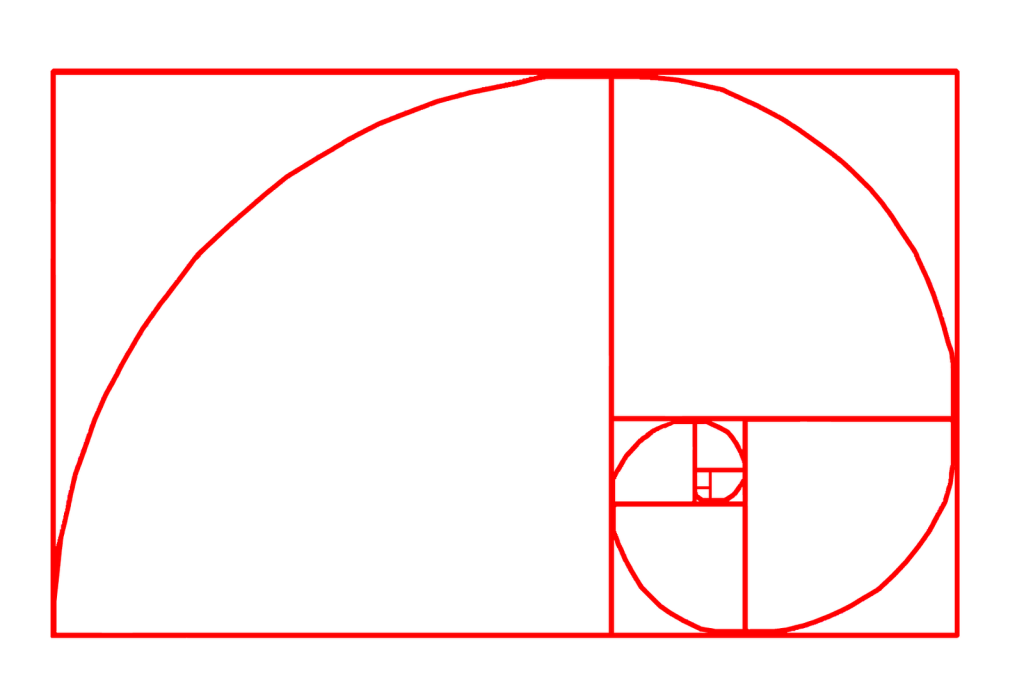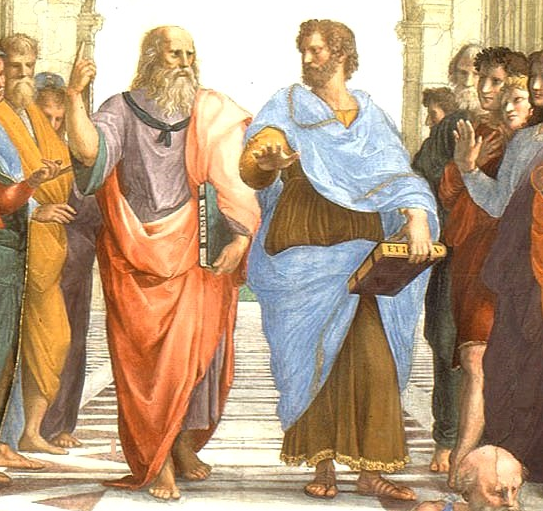Last updated on June 17, 2014
Symmetry and Asymmetry (Part 1)
Is Moderation Good or Bad? (Part 3)
The Art of Moderation
Honestly, I do not think that any competitive game will ever actually hit that point of “perfect” balance. Fallible human beings simply cannot create something perfect in this vein; they can come close, but they often go too far or too little in whatever desired direction. They cannot predict the future, nor see how people will use the tools they give them, and that means they can never hit that sweet spot with complete accuracy. That doesn’t mean they shouldn’t try; that ideal remains mighty tempting, after all. However, for all intents and purposes, too many variables exist to create a perfect balance.
Look at your own life. Do you struggle between how much time to spend on yourself, on work, on others? Does the balance between those different responsibilites and obligations often go completely out of whack? Do you tend to serve others so much that you forget yourself, or become so selfish as to ignore the needs of those around you? How much less do you think we could suddenly change this in terms of our competitive entertainment? We can barely fix our own lives, let alone a game; a tightrope requires some concentration, and we’re barely paying attention to the rope.
Now, a lot of this depends on whether the idea of balance is actually a good thing. Who exactly said this, you might ask? Well, I imagine we passed this down for generations. We should not spend so much time on one thing. But what if that one thing is God? Would that change the circumstances? Absolutely!
Part of the reason why we believe in the notion of perfect balance between two precarious extremes comes from the Golden Rule – do unto others as you would have them do unto you. That moral dictate, further, has its origins in Greek philosophy, specifically that of Aristotle’s Golden Mean. In Aristotle’s conception of moral virtues, you do not take the extremes on either end of the spectrum. Aristotle believed that
He lists courage as a virtue, but it can display itself in both sufficient, and insufficient, ways if not found in sufficient quantity. If your courage expresses itself excessively, then you show recklessness; if your courage lacks, then you display cowardice. If you hit that Golden Mean, then you truly represent the virtue of courage.

The Greeks, in general, believed that symmetry, proportion, and harmony were essential components of the universe. Therefore, we should try to arrange the universe in that way, and that means ordering our lives in that way. The proper proportions and the proper symmetry of the design, and the harmony between objects, all play a part in Platonic or Aristotlean philosophy, both of which shaped the way of the Western mind as we know it. From Plato’s dialogue Philebus, we can see this clearly:
SOCRATES: That any kind of mixture that does not in some way or other possess measure of the nature of proportion will necessarily corrupt its ingredients and most of all itself. For there would be no blending in such a case at all but really an unconnected medley, the ruin of whatever happens to be contained in it.
PROTARCHUS: Very true.
SOCRATES: But now we notice that the force of the good has taken up refuge in an alliance with the nature of the beautiful. For measure and proportion manifest themselves in all areas of beauty and virtue.
PROTARCHUS: Undeniably.
SOCRATES: But we said that truth is also inclined along with them in our mixture?
PROTARCHUS: Indeed.
SOCRATES: Well, then, if we cannot capture the good in one form, we will have to take hold of it in a conjunction of three: beauty, proportion and truth. Let us affirm that these should by right be treated as a unity and be held responsible for what is in the mixture, for goodness is what makes the mixture good in itself.
Balance, then, arises NOT from a Christian source, but from a non-Christian one. Most people know that Christianity received much of its philosophical leanings from the Greek and Roman philosophy which surrounded it, and which it used to gain new converts in its contemporary society. However, we kept those assumptions over time without realizing they were, in fact, assumptions. Over time, such a rule as the Golden Mean rolled into Christian ethics and turned normative. Thomas Aquinas, whose theological works now dictate the moral working of the Catholic Church, greatly admired Aristotle’s ideas. He implemented them in his own version of virtue ethics which added a few Church specific ones such as faith, love, and charity. We can clearly see Aristotle’s influence on Aquinas from a simple quote:
…the nature of virtue is that it should direct man to good. Now moral virtue is properly aperfection of the appetitive part of the soul in regard to some determinate matter: and the measure or rule of the appetitive movement in respect of appetible objects is the reason. But the good of that which is measured or ruled consists in its conformity with its rule: thus the good things made by art is that they follow the rule of art. Consequently, in things of this sort, evil consists in discordance from their rule or measure. Now this may happen either by their exceeding the measure or by their falling short of it; as is clearly the case in all things ruled or measured. Hence it is evident that the good of moral virtue consists in conformity with the rule of reason. Now it is clear that between excess and deficiency the mean is equality or conformity. Therefore it is evident that moral virtue observes the mean.
Truly, Aquinas thought long and hard about why Aristotle so neatly fit into Christian theology; I do not doubt his sincerity, nor how easily such a framework allows theological statements to flow. I cannot help but think, however, that the insertion of foreign influences may have made us think that “balance” remained an essential concept.
You know how it is; someone will say I’ve read too much theology, and not done enough service. Another Christian will accuse their brother or sister of serving too much, and reading their Bible too little. All of these statements are made in the elusive pursuit of a “balance” between two extremes, though what extremes do we mean, precisely? I intend to find out; Scripture usually clears things up!

